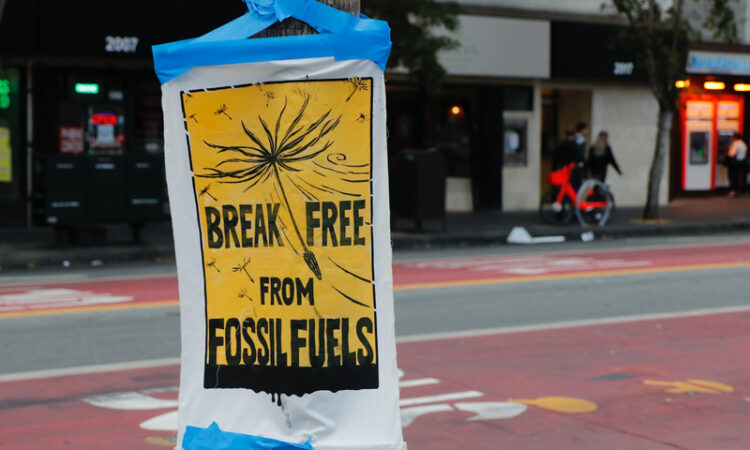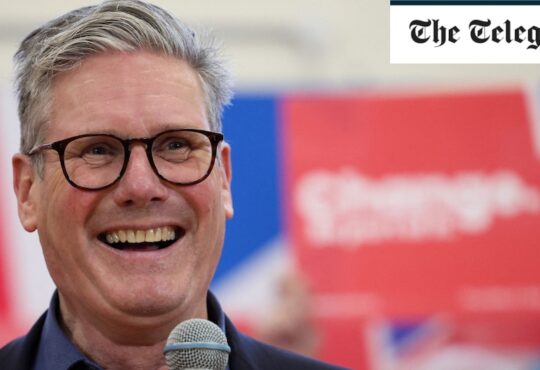
The EU climate advisory board, an independent scientific body, on Thursday (18 January) urged phasing out fossil-fuel subsidies and concluding the Green Deal pending files, to ensure the bloc’s 2030 targets are met.
“Reaching climate neutrality by 2050 is a race against the clock, and we cannot afford to lean back now,” said the chair of the advisory board, Ottmar Edenhofer.
“To stay on track, we need to make sure actions today are in line with our long-term goals.”
The list of pending files includes, for example, the revision of the energy taxation directive (ETD) — which is still stalled in the EU Council and the European Parliament.
The climate body said in a report that the revision should impose higher tax rates for polluters and remove tax exemptions, currently enjoyed by sectors including aviation, maritime, professional road transport, agriculture, heating of buildings and energy-intensive industries.
But it remains to be seen if the revision will be finalised before the June European Parliament elections since changing taxation rules requires unanimity.
Experts argued that fossil-fuel subsidies undermine the climate transition and call on EU countries to set a clear plan and a deadline for their phase-out.
“The decline in coal and fossil gas is too slow as a result of insufficient price signals, continuing subsidies and inconsistencies in the EU policy framework,” reads their report.
While the EU’s carbon-pricing tool (ETS) is seen as providing a strong signal to phase out fossil-fuel use in public electricity, experts spotted policy inconsistencies in reducing gas in future energy systems.
Notably, the report mentions inconsistencies linked to the TEN-E Regulation on cross-border energy infrastructure, EU rules on gas and hydrogen networks, state-aid rules and the controversial EU taxonomy.
The European Commission, for its part, has argued that the EU is “actively engaged” in phasing out fossil-fuel subsidies as part of its commitments made in the context of the G20 and the WTO.
But the climate body has urged the commission to make EU rules for state aid more consistent with EU climate goals.
They said temporary and crisis-led provisions keep being extended, allowing public finances to support fossil-fuel power plant operations and energy-intensive companies.
Over the period 2015-2021, fossil-fuel subsidies have accounted for about €56bn. But, in 2022, subsidies more than doubled in the context of the energy crisis to reach at least €123bn while fossil-gas subsidies tripled to €46bn.
Fossil-fuel subsidies are notably high in Portugal, Greece, Cyprus, Hungary, and Malta, while Slovakia, Sweden, Czechia, and Denmark show comparatively lower shares relative to GDP.
A rapid phase-out of fossil fuel subsidies would increase national revenues or reduce their expenditures, allowing them to use this money to finance climate investments, the report says.
It adds that a common debt instrument (similar to the recovery funds post-pandemic) could reduce the risk of fragmenting the single market beyond 2026.






